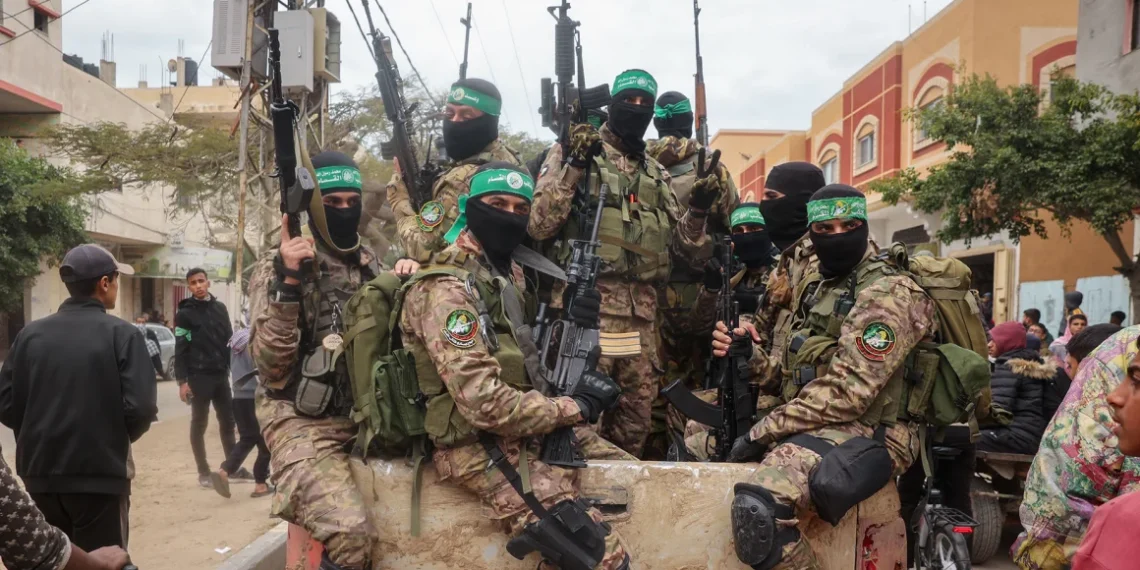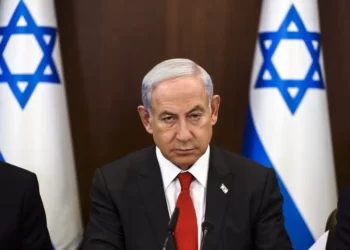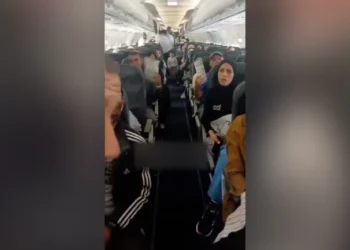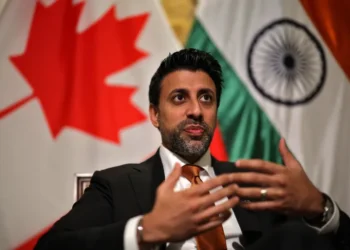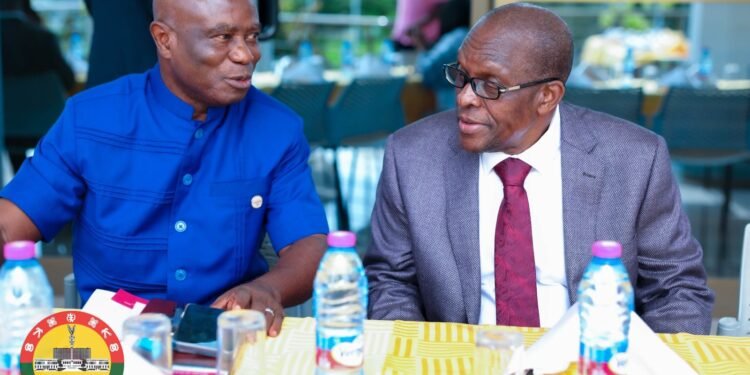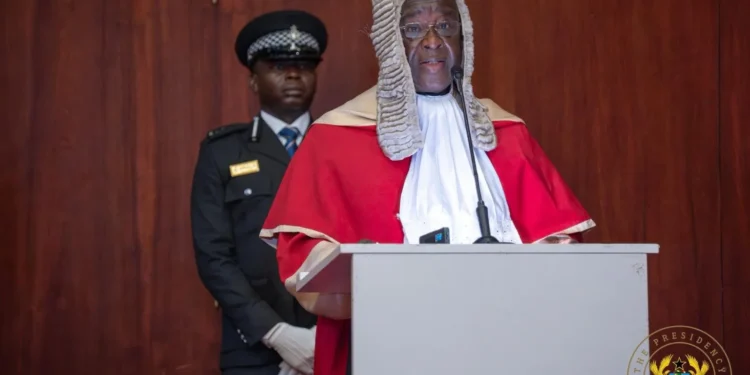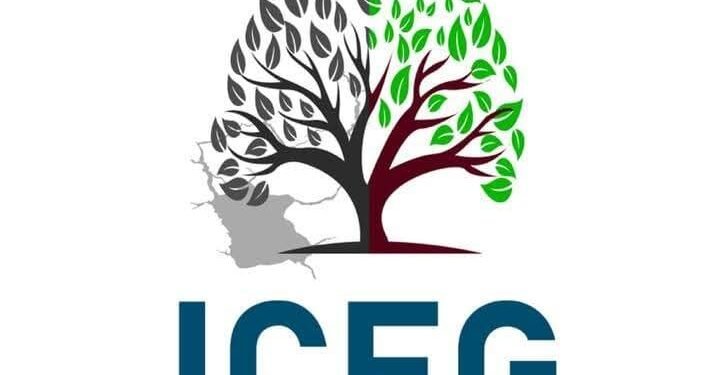According to the White House, Israel has accepted a new US proposal for a temporary ceasefire with Hamas. The ceasefire proposal is “still under discussion” by Hamas, but in its current form will only result in “the continuation of killing and famine” in Gaza, an official from the Palestinian group has said.
US President Donald Trump’s special envoy, Steve Witkoff, expressed optimism earlier this week about brokering an agreement to halt the Israel-Hamas war and return more of the hostages captured in the attack that ignited it.

White House Press Secretary, Karoline Leavitt said that Israel had “signed off” on the ceasefire proposal, and the Trump administration’s Middle East envoy, Steve Witkoff, had submitted it to Hamas for consideration.
However, Hamas political bureau member, Basem Naim told a news agency that the deal “does not meet any of our people’s demands, foremost among them, halting the war.” Naim added, “Nonetheless, the movement’s leadership is studying the response to the proposal with full national responsibility.”
The details of the new proposal have not been made public, but senior Hamas official, Sami Abu Zuhri told a news agency that, crucially, it did not contain commitments from Israel to end its war on Gaza, withdraw Israeli troops from the enclave, or allow aid to freely enter the war-torn territory.
Citing a draft copy, the news agency said that the proposal outlined an initial 60-day ceasefire. Twenty-eight Israeli hostages, alive and dead, would be released in the first week in exchange for the release of 1,236 Palestinian prisoners and the remains of 180 dead Palestinians.
The plan, reportedly guaranteed by President Donald Trump and mediators Egypt and Qatar, would also see aid sent to Gaza as soon as Hamas signs.
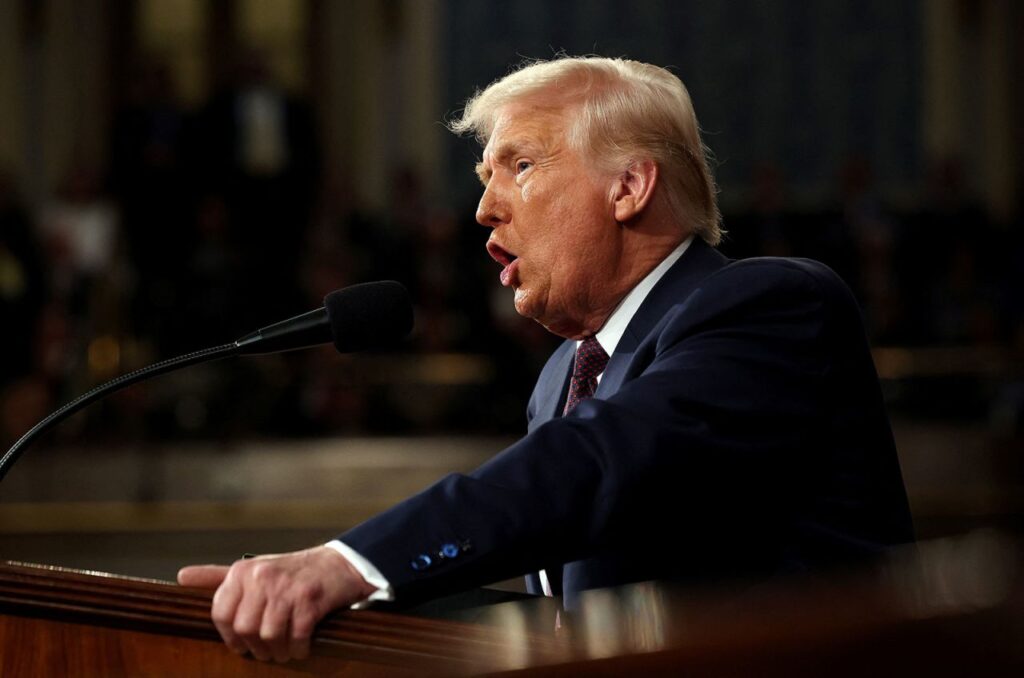
The Israeli government has not publicly confirmed that it approved the latest proposal.
Israel resumed its war on Gaza on March 18, 2025, after breaking a six-week temporary ceasefire, with Netanyahu announcing that fighting had resumed with “full force.”
The months since have seen the Israeli military resume its relentless assault across Gaza, killing close to 4,000 people since breaking the truce and propelling the overall death toll in the enclave to more than 54,000, according to health authorities in Gaza.
Israel has also imposed a deadly, months-long blockade on humanitarian aid entering the Palestinian enclave, which UN officials say has pushed the population to the brink of famine.
Israel partially lifted its blockade on May 19, 2025, allowing a trickle of aid to enter Gaza, but United States Secretary-General Antonio Guterres described it as a mere “teaspoon” of what is needed.
There were chaotic scenes this week as crowds of starving Palestinians attempted to reach life-saving supplies distributed by the US- and Israeli-backed Gaza Humanitarian Foundation – a new and controversial group that said it would deliver aid in the besieged enclave.

Israel Likely Betting On Plan Being Impossible For Hamas
Akiva Eldar, an Israeli political analyst, opined that it was “unusual” for Israel to come out and agree to a proposal first, and that Israeli Prime Minister, Benjamin Netanyahu may be betting on the plan being impossible for Hamas to accept so that he can paint them as the “bad guys” and continue the war. “It happened before… and Netanyahu put the blame on them,” Eldar said.
Deep differences between Hamas and Israel have stymied previous attempts to restore a ceasefire that broke down in March after only two months when Israel renewed its offensive.
Israel has insisted that Hamas disarm completely and be dismantled as a military and governing force and that all 58 hostages still held in Gaza must be returned before it will agree to end the war.
Hamas has rejected the demand to give up its weapons and says Israel must pull its troops out of Gaza and commit to ending the war.
Israel has come under increasing international pressure, with many European countries that have normally been reluctant to criticise it openly demanding an end to the war and a major relief effort.
READ ALSO: GNPC Advances Tech-Driven Strategy for Ghana’s Energy Sector

